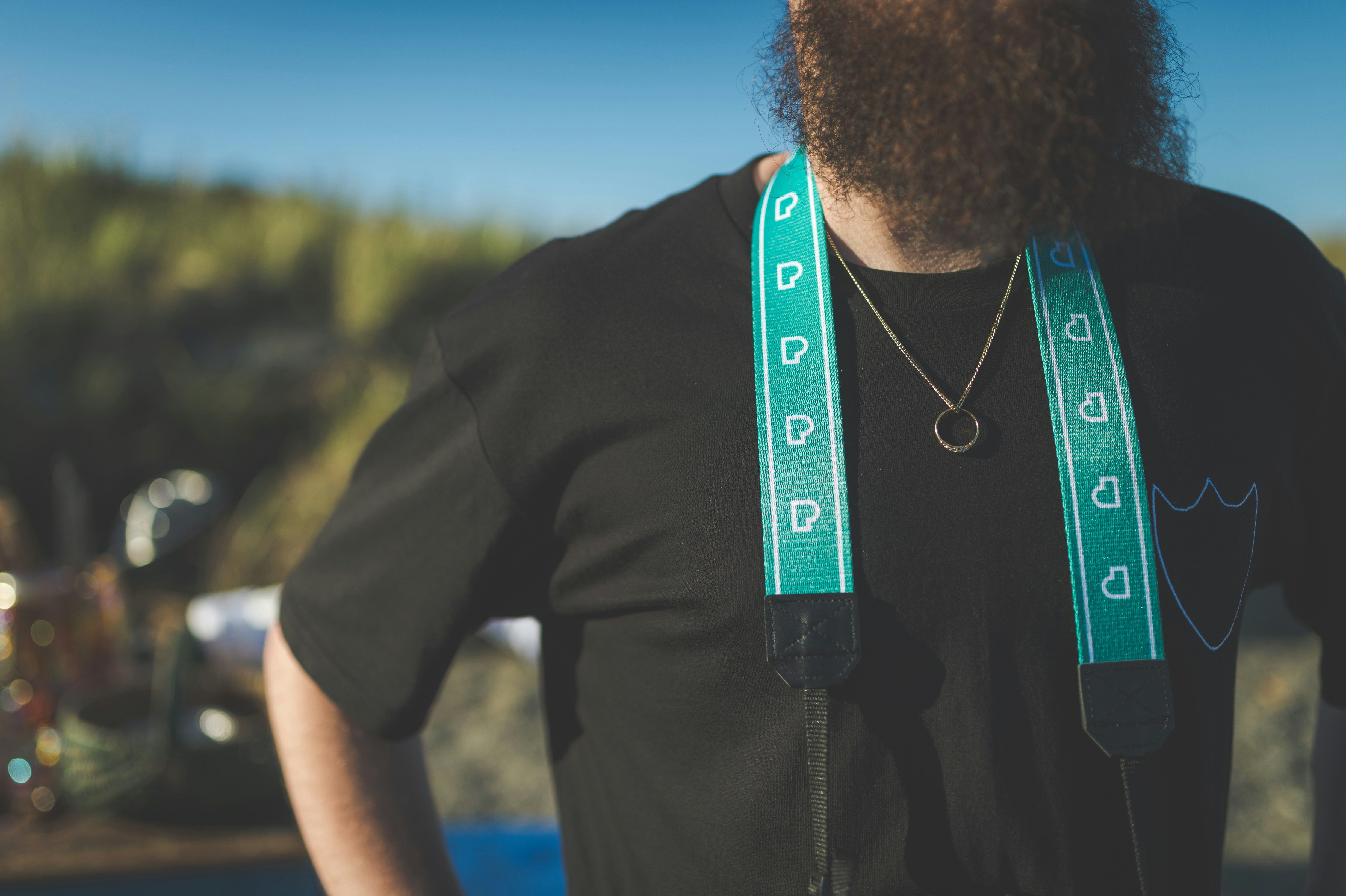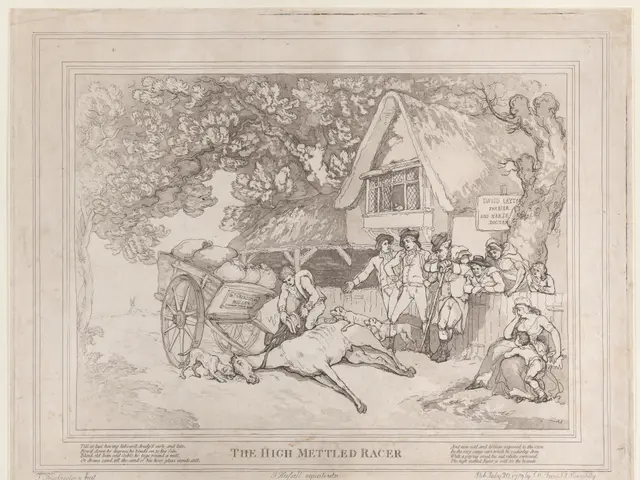Man Claims Long-Awaited $6,400 Gambling Prize Following 18-Month Waiting Period
A lucky Cuban Chap embarked on a betting frenzy at the Seminole Classic Casino in Florida during the sweltering summer of '23, strikes it rich with not one, not two, but three slot machine jackpots. The elation was short-lived, though, as the house wouldn't hand over the cash, citing his Cuban passport as an invalid form of identification, with the property's rule being: they'll pay out winnings "as long as it ain't contradicted by Treasury Department regulations."
Cuba finds itself on a list of nations under tight-fisted economic sanctions by the US — yes, the big, bad USA. These sanctions definitely render Cuban citizens facing a tricky situation when it comes to receiving money from American entities, including gambling winnings.
Meet Eduardo, the unlucky-in-luck Cuban dude who had a taste of fortune before getting slapped with reality. He held out for 18 grueling months, waiting for papers to prove his American residency. With the documents in hand, he headed back to the casino, hoping to reclaim his $6,400 — currency he planned on using to visit his long-lost family for the first time in 16 years. Tearing up, Eduardo told local reporters he felt like crying he was so bloody happy.
Now, let's dive into the nitty-gritty of the situ — oh, hold on! We gotta consider the bigger picture. The US sanctions framework against Cuba is a colossal beast, and while it doesn't explicitly mention gambling transactions, the broader sanctions context creates legal and practical barriers that could easily entangle unsuspecting gamblers like Eduardo.
- Embargo Limitations: The US keeps a firm grip on financial transactions with Cuba under the Trading with the Enemy Act and Helms-Burton Act. This includes restrictions on American companies transferring funds to Cuban nationals — potentially affecting gambling winnings.
- Banking Blues: US financial institutions are usually forbidden from processing transactions involving Cuban citizens unless they secure a license from the Office of Foreign Assets Control (OFAC). Gambling operators would need authorization from OFAC to remit winnings to Cuban recipients.
- Heightened Enforcement: With Cuba getting listed once again as a State Sponsor of Terrorism in 2025 and the activation of Title III of the Helms-Burton Act, sanctions measures against Cuba have intensified, making US-Cuba financial transactions exceptionally tricky for ordinary Cuban citizens.
The humanitarian consequences of these sanctions on all financial sectors are staggering. Cross-border transactions become confounding barrels of monkeys for Cuban nationals. Though no explicit gambling-related cases appear in the sources, the sanctions architecture erects a sturdy wall for such exchanges without government authorization.
In short, for Eduardo and other Cuban citizens seeking to claim their rightful gambling winnings, the road ahead is winding and laden with challenges. They'd be wise to prepare for a bumpy ride fraught with obstacles, requiring patience, resilience, and whole lotta luck.
- Despite Eduardo's successful runs in casino-games and lotteries at the Seminole Classic Casino, the house refused to pay his winnings due to his Cuban passport, as the property's rules dictate they will only do so if it's not in violation of Treasury Department regulations.
- The Cuban passport also poses challenges for Eduardo in claiming his $6,400 winnings, as the US keeps financial transactions with Cuba under a tight rein, with the Trading with the Enemy Act and Helms-Burton Act enforcing restrictions on American companies transferring funds to Cuban nationals.
- To remit winnings to Cuban recipients, gambling operators need authorization from the Office of Foreign Assets Control (OFAC), but because of the complex sanctions against Cuba, this can be a major challenge for both the gambling operators and the recipients.
- In light of Cuba's continued listing as a State Sponsor of Terrorism and the activation of Title III of the Helms-Burton Act in 2025, these sanctions measures against Cuba have intensified, making it especially difficult for ordinary Cuban citizens like Eduardo to engage in financial transactions with American entities.










